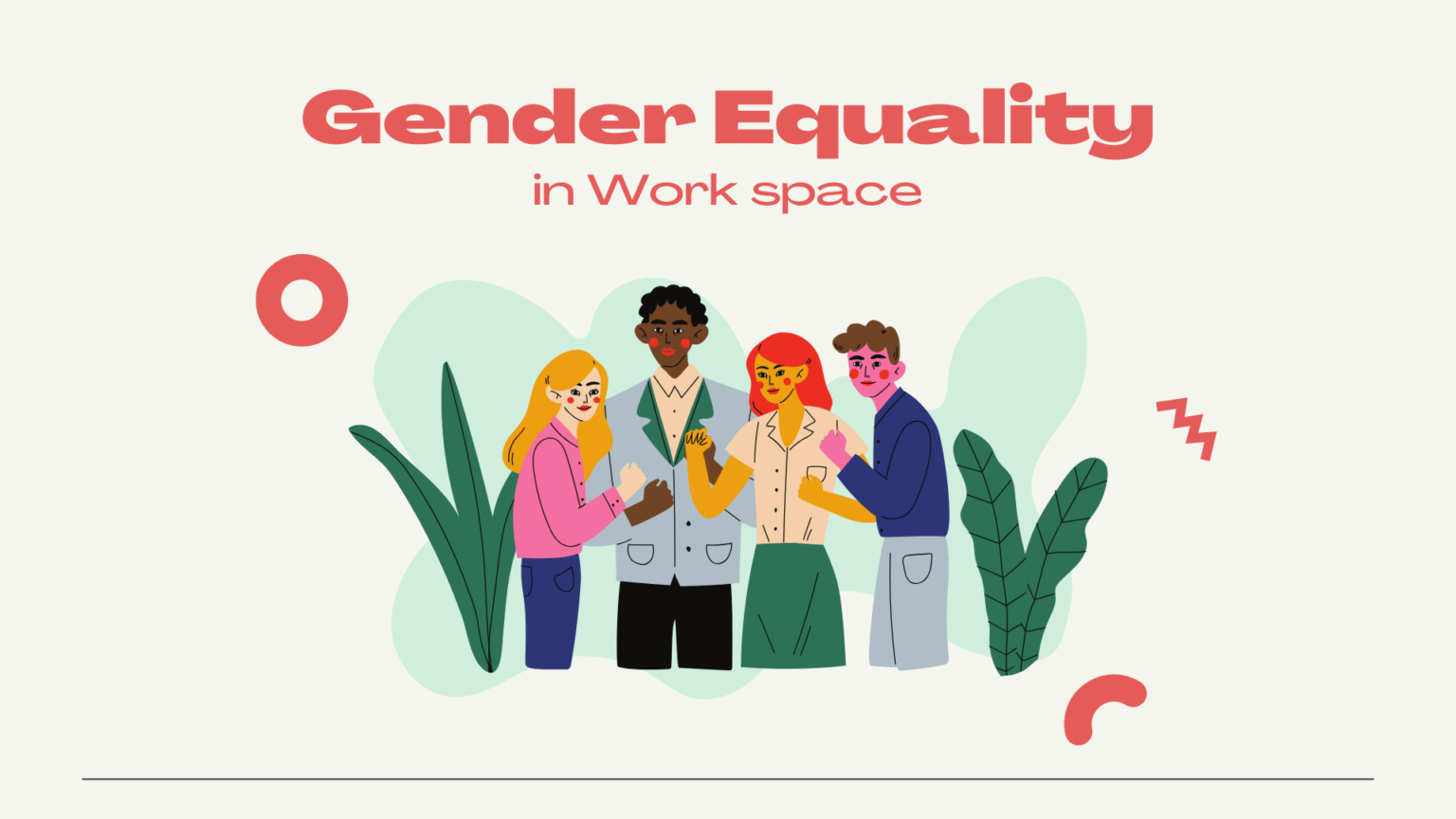Gender equality remains one of the most pressing and transformative global challenges of our time. Despite significant progress, pervasive disparities between genders continue to impact individuals and societies. Achieving gender equality is not only a moral imperative but also a critical driver of economic growth, social development, and human rights.
At its core, gender equality means that people of all genders have equal rights, responsibilities, and opportunities. This principle must be reflected in every aspect of life, from education and employment to healthcare and political representation. Unfortunately, entrenched stereotypes and systemic barriers often hinder progress. Women, for instance, are underrepresented in leadership roles and overrepresented in low-paying jobs. They also face significant obstacles in accessing quality education and healthcare.
One of the most effective ways to promote gender equality is through education. Empowering girls and women with knowledge and skills can break the cycle of poverty and dependency, leading to broader social and economic benefits. Educated women are more likely to participate in the workforce, earn higher incomes, and contribute to the well-being of their families and communities. Education also fosters critical thinking and challenges traditional gender norms, paving the way for more equitable societies.
Furthermore, achieving gender equality requires robust legal frameworks that protect against discrimination and promote equal opportunities. Governments must enact and enforce laws that address gender-based violence, ensure equal pay for equal work, and support family-friendly policies. Corporate policies also play a pivotal role; companies must commit to diversity and inclusion, creating workplaces where everyone can thrive.
Men and boys have an essential role in this journey as well. Gender equality is not a women’s issue but a human issue that benefits everyone. Men must become allies in challenging stereotypes, sharing domestic responsibilities, and advocating for policy changes.
Ultimately, gender equality is about creating a world where everyone has the chance to realize their full potential, free from discrimination and bias. It requires collective action, persistent advocacy, and an unwavering commitment to justice. As we continue to advance this cause, we move closer to a future where equality is not just an aspiration but a reality for all.
Understanding the Issue
Gender inequality in the workplace manifests in various forms. From the gender pay gap, where women earn less than their male counterparts for the same work, to the underrepresentation of women in leadership positions, the disparities are glaring. Discrimination, conscious or unconscious, continues to hinder the career advancement of women, limiting their access to opportunities for growth and development.





